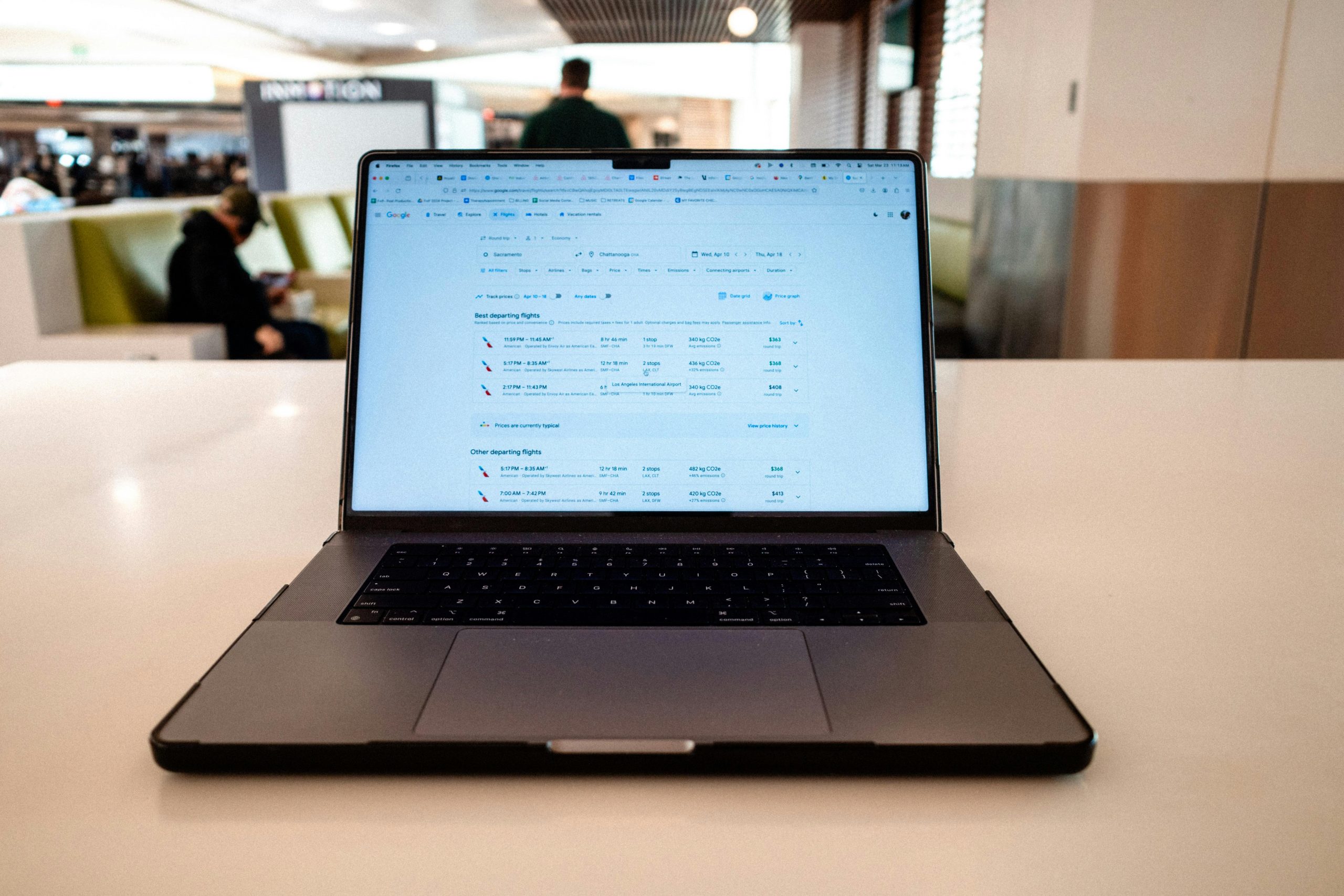If you’re planning a trip and trying to save money, timing matters—especially when it comes to booking hotels. Whether you’re heading out for a weekend getaway or planning a long vacation, knowing the best day to book a hotel can help you score great deals and avoid overpaying.
Hotel prices can change daily based on demand, location, season, and even the day of the week. Some days are more expensive than others, while certain times of year—like holidays or large events—can send prices soaring.
In this article, we’ll break down which day is the best for booking a hotel, why timing matters, and how to get the most value for your money. We’ll also include insider tips on last-minute deals, cancellation policies, and how different travel apps and websites affect your price.
Why the Booking Day Matters
Hotels adjust their prices regularly, sometimes several times a day. The timing of your booking plays a huge role in how much you pay. Just like airline tickets, hotel rates go up or down depending on supply and demand.
For example, if you’re looking for a room during a popular travel weekend, prices may jump quickly as rooms fill up. On the other hand, if you book on a low-demand day, you might get a much better deal.
Knowing when to book can save you anywhere from 10% to 40% on the cost of your stay.
What Is the Best Day to Book a Hotel?
Most travel experts agree that Sunday is the best day to book a hotel room. Here’s why:
- Lower demand: Fewer people book hotels on Sundays, which means prices tend to drop.
- Leftover weekend inventory: Hotels may have unsold rooms from the weekend and drop prices to fill them.
- Business travelers haven’t booked yet: Business travel usually starts on Monday, so rates can rise again by Tuesday or Wednesday.
Additional Tips:
- Avoid booking on Fridays and Saturdays, when demand is high due to weekend travel.
- Tuesdays and Wednesdays are typically used by business travelers, which can drive prices up in business districts.
How Far in Advance Should You Book?
The ideal time to book a hotel depends on the type of trip you’re planning. Booking too early or too late can impact both the price and availability. Here’s a closer look at how far in advance you should book based on your travel needs:
For Regular Trips:
If you’re planning a typical vacation or a short getaway, booking 1 to 3 weeks in advance is usually the sweet spot. During this window, hotels often lower prices to attract guests without the risk of overbooking. You’ll likely have a good mix of options and competitive rates in most cities or travel destinations. Avoid booking too early unless you’re visiting a small town or a hotel with limited availability.
For Last-Minute Trips:
Need a room fast? You can often snag excellent last-minute deals by booking 1 to 3 days before your stay, especially in big cities with lots of hotels. Many places offer discounted rates to fill unsold rooms. Apps like HotelTonight or Hopper can help you find deals quickly. Just be aware that availability might be limited, and you may not get your top choice.
For Big Events or Holidays:
If you’re traveling during busy times like Christmas, New Year’s, spring break, or a major event (like a sports tournament or festival), it’s smart to book at least 2 to 3 months in advance. Prices can go up fast as demand increases and rooms get reserved. Booking early helps you lock in better rates and gives you more choices, especially near the event venue or in popular areas.
Best Time to Book by Trip Type
1. Weekend Getaways
Book on Sunday for the best deal. Look for hotels that cater to business travelers—they often have lower prices on weekends when business travel slows down.
2. Business Trips
Book 3–4 weeks ahead and avoid booking on weekdays like Tuesday or Wednesday. Business hotels may offer lower rates over the weekend.
3. Holiday Travel
Book early, especially if you’re traveling around Christmas, Thanksgiving, or spring break. Prices often start to climb 2–3 months before major holidays.
4. International Travel
Book 1–3 months in advance for popular destinations. Sunday is still a great day to book, especially if you’re using global travel apps or booking sites.
How Day of Stay Affects Price
The day you stay at the hotel also affects the price—not just the day you book. Here’s what you should know:
- Cheapest nights to stay: Sunday and Monday nights tend to be the cheapest, especially in cities.
- Most expensive nights: Friday and Saturday nights are the most expensive due to high weekend demand.
- Midweek stays: Tuesday and Wednesday can be pricey in business-heavy cities but may be cheaper in vacation spots.
Pro Tip: If your schedule is flexible, try booking a hotel stay that includes Sunday night instead of Friday or Saturday.
Best Time of Day to Book a Hotel
Believe it or not, the time of day you book can also make a difference.
- Booking in the late afternoon or evening (after 3 p.m.) may offer better rates than booking early in the morning.
- Hotels sometimes lower prices later in the day to fill unsold rooms.
- If you’re booking same-day, try waiting until after 4 p.m. for the lowest last-minute rates.
Tips to Save Even More on Hotels
Websites like Expedia, Kayak, Booking.com, and Google Hotels let you compare prices from multiple sources. Some also show price trends so you know if you should book now or wait.
2. Join Loyalty Programs
Most major hotel chains (like Marriott, Hilton, or Hyatt) offer free rewards programs that give you lower rates, perks, or free Wi-Fi just for signing up.
3. Check for Mobile App Deals
Some travel apps offer exclusive discounts for mobile users. Try using apps like Hopper, Hotels.com, or HotelTonight for last-minute savings.
4. Book Directly with the Hotel
Sometimes hotels offer lower prices when you book directly on their website. Plus, it’s easier to make changes or request upgrades.
5. Look for Free Cancellation Options
Booking with free cancellation allows you to rebook later if the price drops.
Should You Book Early or Last-Minute?
There’s no one-size-fits-all answer when it comes to booking hotels early or at the last minute—it really depends on your travel needs. Booking early is usually the smarter option if you have firm travel plans, need a specific hotel, or are traveling during busy seasons like holidays or major events. Early booking gives you more choices, greater peace of mind, and makes it easier to plan ahead, especially for family trips.
On the other hand, last-minute hotel bookings can lead to big savings if you’re flexible with your travel dates and don’t mind a little uncertainty. This strategy works best in large cities where there are many hotel options. However, it comes with the risk of limited availability or sold-out properties. If you’re open to adjusting your plans and can act quickly when a good deal pops up, last-minute bookings may be worth it.
Benefits of Booking Early:
- More hotel options to choose from
- Ideal for peak travel seasons
- Better for family trips with specific needs
- Easier to plan ahead and avoid stress
Benefits of Booking Last-Minute:
- Potential for bigger savings
- Works well for flexible travelers
- Can score great deals in large cities
- Good for spontaneous or short trips
What If Hotel Prices Drop After You Book?
You might be wondering: What if the price goes down after I book my hotel?
Some booking platforms (like Booking.com and Priceline) will let you rebook at a lower rate if the price drops and your reservation has free cancellation. Tools like Hopper and Google Hotels can also notify you when prices change.
Tip: Always choose a hotel that allows free cancellation if you’re booking early. That way, you can rebook at a better rate if the price drops.
Can the Best Booking Day Vary by Location?
Yes! The best day to book a hotel can vary depending on the city or country.
- In major US cities, Sunday is usually cheapest.
- In resort destinations, weekdays like Tuesday or Wednesday might be better.
- In business hubs, weekend stays are often cheaper than weekday rates.
So if you’re planning a trip to a specific city, it may help to track prices over a few weeks to learn the best time to book for that area.
Final Thoughts
So, what is the best day to book a hotel? For most travelers, Sunday tends to offer the lowest rates, especially if you’re flexible with your travel dates. On the other hand, Fridays are typically the most expensive, so it’s best to avoid them if you’re looking to save money.
Whether you’re planning a weekend getaway or a long vacation, timing your booking wisely can make a big difference in your travel budget. Use hotel comparison tools, sign up for alerts, and consider last-minute deals if your schedule is flexible. Just remember to plan ahead during holidays or major events, when demand and prices spike quickly.
Finally, always take time to read reviews, compare amenities, and double-check cancellation policies. A little research now can save you from disappointment later—and ensure your stay is as relaxing and enjoyable as you imagined.
Happy travels—and happy savings!



